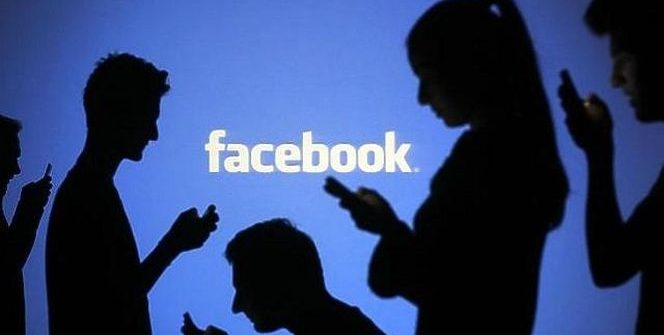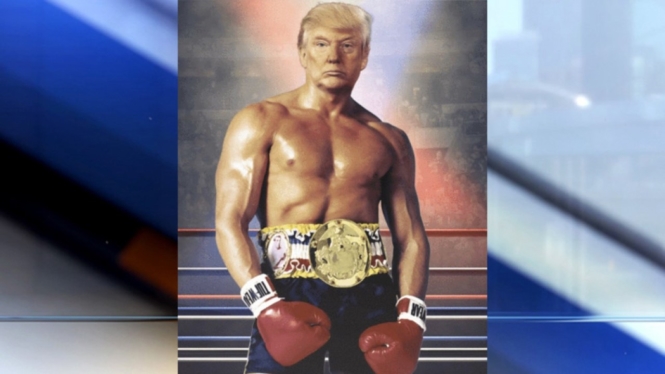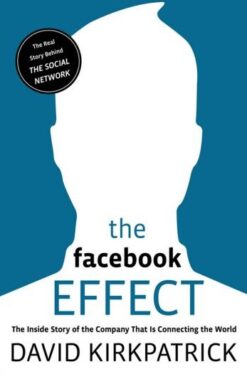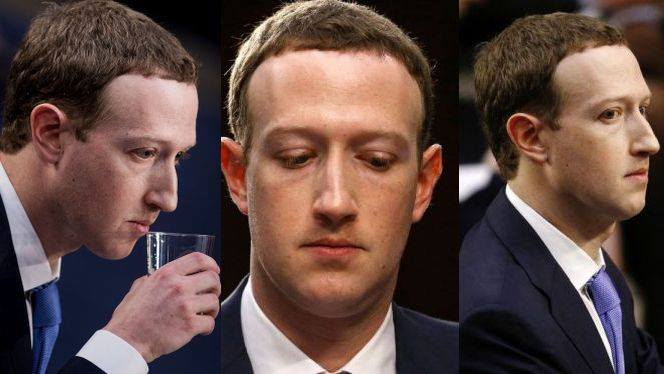TECH NEWS – This week, Facebook has been hit with a series of accusations about its internal workings, according to revelations published by the Wall Street Journal and elsewhere. In each case, the company is either apologetic or profoundly silent.
Much of the information comes from Facebook‘s own internal documents, suggesting that the company now has some whistleblowers within its ranks. The papers will provide governments and regulators with ample material to consider the next steps.
However, Facebook has so far defended itself against all accusations.
Here are five things that have come to light about the social networking giant this week:
- Celebrities were treated differently by Facebook
According to documents obtained by the Wall Street Journal, many celebrities, politicians and high-profile Facebook users were subject to different rules about what content they could post under a system known as XCheck. Facebook acknowledged that criticisms of how the cross-checking system was introduced were “fair” – but said the system was designed to create “an additional step” to understand better the content posted. “This could include activists calling for violence or journalists reporting from conflict zones,” the company said.
Many of the documents cited by the Wall Street Journal “contain outdated information that has been spliced together to create a narrative that misses the most important point: Facebook itself has identified problems with cross-verification and is working to address them”. Facebook’s own Oversight Board, appointed to make decisions about moderating tricky content, wants more transparency despite the crackdown.
The Board says in its blog that the information released “has once again drawn attention to the company’s seemingly inconsistent decision-making”. It asked for a detailed explanation of how the cross-checking system works. It warned that the lack of clarity on cross-checking could contribute to the perception that Facebook is “unduly influenced by political and commercial considerations”.
The Facebook-funded Oversight Board has made 70 recommendations on improving its policies since it began its work to investigate how Facebook moderates content. Now a group has been set up to assess how the social network is implementing these recommendations.
2 The response to employee concerns about human trafficking was often “weak”.
According to documents obtained by the WSJ, Facebook employees regularly reported information about drug cartels and human traffickers on the platform, but the company’s response was “weak”. In November 2019, BBC News Arabic aired a report highlighting the problem of domestic workers for sale on Instagram.
According to internal documents, Facebook was already aware of the problem at the time. The WSJ reported that Facebook took limited action until Apple threatened to remove its products from the App Store. In its defence, Facebook said it has a “comprehensive strategy” to keep people safe, including “global teams of native speakers covering more than 50 languages, educational resources, and partnerships with local experts and third-party fact-checkers”.
Critics warn that Facebook lacks the tools to moderate all the content and protect its 2.8 billion users. The author of the book The Facebook Effect, David Kirkpatrick, said on the BBC Tech Tent podcast that he believes Facebook has no incentive to “do anything to expose the damage” outside the US.
“They have done a lot of things, including hiring tens of thousands of content auditors,” he said. “But one of the statistics that jumped out at me from the Wall Street Journal was that only 13% of all their disinformation and misinformation work in 2020 happened outside the US. For a service that operates 90% outside the United States – and that has had a huge impact, specifically negative, on the policies of countries like the Philippines, Poland, Brazil, Hungary, Turkey – they’re doing nothing to remedy all of that.” Kirkpatrick says Facebook is only “responding to PR pressure” in the US because it could affect its share price.
- Facebook faces a massive lawsuit from shareholders
Facebook is also facing a complex lawsuit from a group of its shareholders. The group claims, among other things, that Facebook’s $5bn (£3.65bn) payout to the US Federal Trade Commission to resolve the Cambridge Analytica data scandal was so high because it was intended to protect Mark Zuckerberg‘s liability.
Facebook has said it does not wish to comment on the pending legal case.
- Has Facebook promoted positive stories about itself?
This week, the New York Times reported that Facebook has launched an initiative to put Facebook-friendly content in people’s news feeds to improve its image. The newspaper said the Amplify project was aimed at “showing people positive stories about the social network”.
Facebook said there were no changes to the news feed ranking system. In a series of tweets, spokesman Joe Osborne said the test on what he called “an information unit on Facebook” was small and only took place in “three cities”, but the posts were marked as coming from the company. He said it was “similar to corporate responsibility initiatives that people see in other technology and consumer products”.
- Facebook knew Instagram was “toxic” for teens
Another major revelation in the Facebook files was that the company had conducted detailed research into how Instagram affects teenagers, but did not share the results, despite suggesting the platform is a “toxic” place for many young people.
According to a slide reported by the Wall Street Journal, 32% of teen girls surveyed said that having problems with their bodies made them feel worse about themselves on Instagram. Fox News reported this week that the whistleblower behind the leaked document has revealed his identity and is cooperating with Congress.
Either way, the fact that Facebook has not shared its detailed studies of the damage caused by its platforms will give US politicians plenty to think about these things.
Source: BBC News




















Leave a Reply